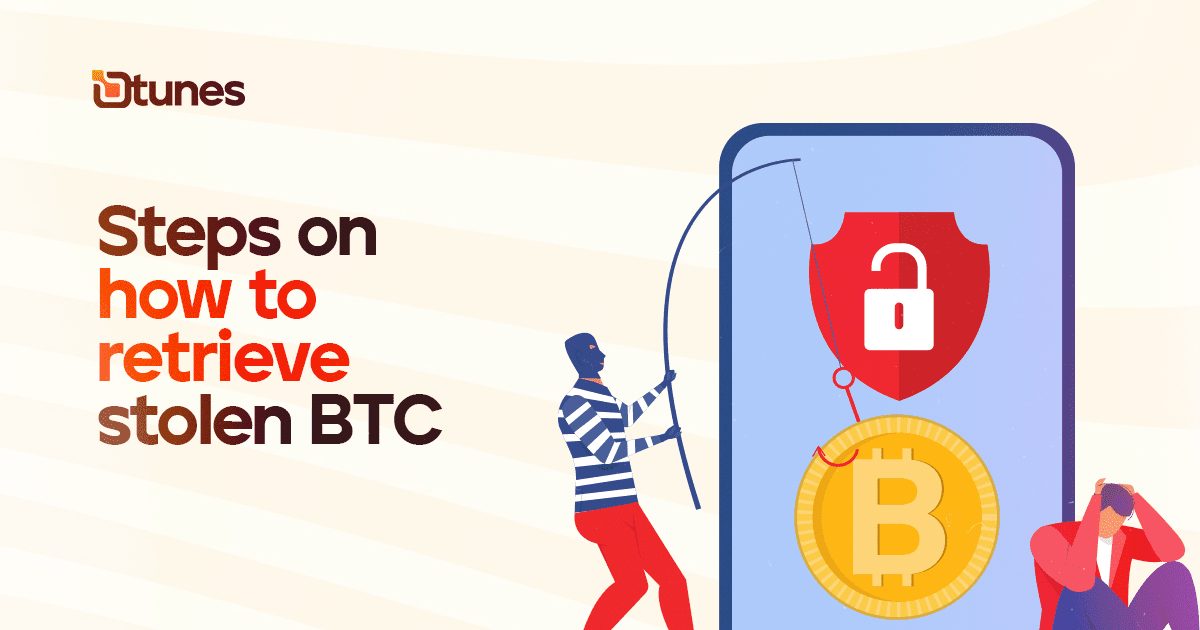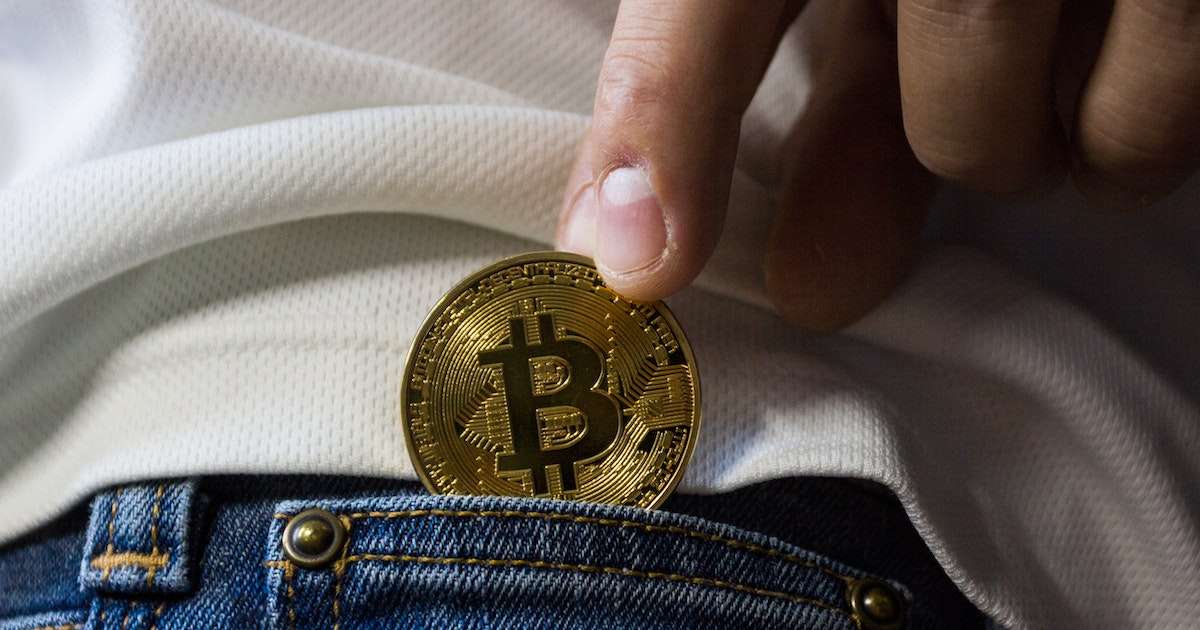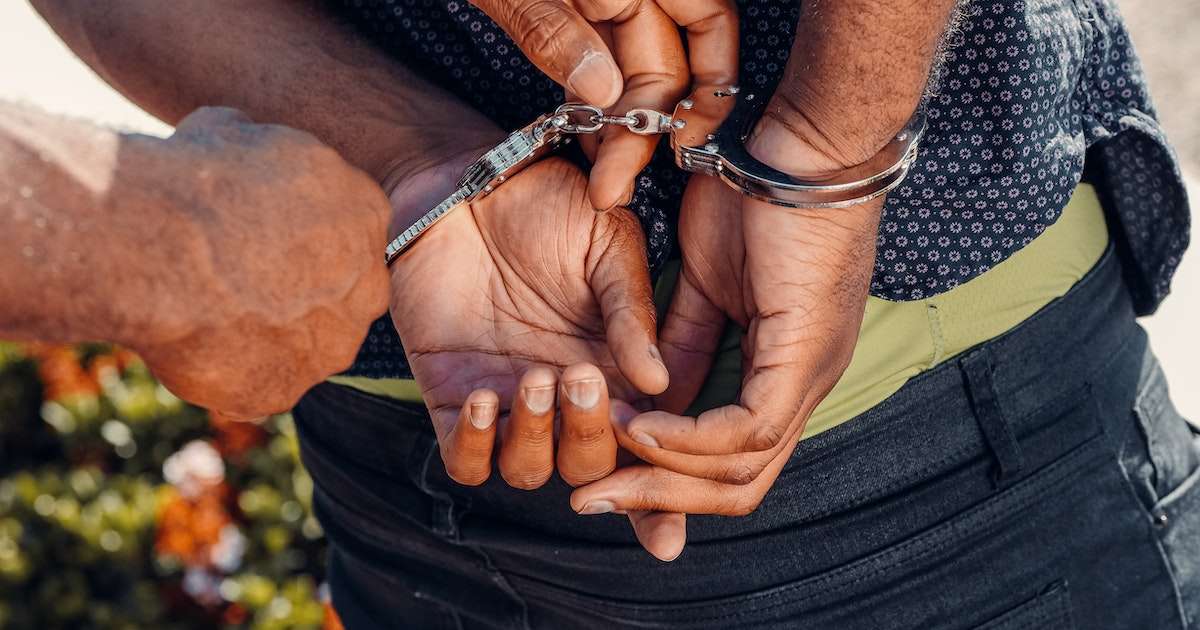
Steps on How to Recover Stolen Bitcoin
How to Recover Stolen Bitcoin: Bitcoin has become a game-changer in how we handle money, offering a new level of freedom and privacy. It’s a digital asset that allows us to manage wealth without relying on traditional banks. But, just like with any valuable asset, Bitcoin comes with its own set of risks especially when it’s online. Unfortunately, theft is one of the harsh realities of the digital world.
Maybe you’ve had your Bitcoin stolen through a scam, a hacked wallet, or an exchange breach. It’s a terrifying experience, but don’t panic, there are steps you can take to try and recover your stolen Bitcoin. In this guide, we’ll walk through how to handle such situations, what you can do to potentially get your funds back, and, most importantly, how to keep your Bitcoin safe moving forward. Let’s dive into protecting your digital wealth, step by step.
How to Recover Stolen Bitcoin
If you find yourself in the unfortunate situation of having your Bitcoin stolen, it’s crucial to act swiftly and follow specific steps to increase the chances of recovering your lost funds. In this comprehensive guide, we will explore the steps on how to retrieve stolen Bitcoin.
Understanding the Nature of Bitcoin Theft

Before diving into the steps to recover stolen Bitcoin, it’s essential to comprehend the different ways in which Bitcoin theft can occur. This understanding will help you better assess your situation and tailor your recovery efforts accordingly. Bitcoin theft can take various forms, including:
- Phishing Attacks: These are fraudulent attempts to obtain your private keys or login credentials through deceptive websites or communication methods that appear legitimate.
- Hacking of Exchanges: Some thieves target cryptocurrency exchanges, breaking into their systems to steal users’ funds. Notable examples include the Mt. Gox and Coincheck incidents.
- Malware and Keyloggers: Malicious software can infiltrate your device, recording your keystrokes or directly accessing your Bitcoin wallet’s private keys.
- Social Engineering: Scammers may manipulate individuals into revealing their private keys or sending Bitcoin to fraudulent addresses through elaborate schemes.
- Stolen Hardware Wallets: If you use a hardware wallet to store your Bitcoin, physical theft of the device could lead to the loss of your funds.
- Exit Scams: Some cryptocurrency projects and platforms engage in exit scams, where they vanish with users’ funds.
- Ponzi Schemes: Investors can fall victim to Bitcoin-related Ponzi schemes, resulting in substantial losses.
Now that we have a grasp of the potential avenues through which Bitcoin theft can occur, let’s delve into the steps to retrieve stolen Bitcoin.
Step 1: Confirm the Theft

The first step in any recovery process is to confirm that your Bitcoin has indeed been stolen. Sometimes, what appears to be a theft may be a simple misunderstanding or technical glitch. Here’s how to verify the theft:
1.1. Check Your Wallet Balance: Log in to your Bitcoin wallet or exchange account to confirm that your balance is lower than expected.
1.2. Review Transaction History: Examine your transaction history for any unauthorized or suspicious transactions. Look for unfamiliar wallet addresses or outgoing transfers you did not initiate.
1.3. Check for Security Breaches: Review your device for signs of malware or unauthorized access. Ensure your email and other accounts associated with your Bitcoin holdings are secure.
1.4. Contact Your Exchange: If your Bitcoin was stored on a cryptocurrency exchange, contact their customer support to inquire about any suspicious activity on your account.
Step 2: Report the Theft

Once you have confirmed the theft, it’s crucial to report it to the relevant authorities and organizations. Reporting the theft will help create a record of the incident and may be necessary for legal purposes. Here’s what you should do:
2.1. File a Police Report: If the theft is substantial or involves criminal activity, contact your local law enforcement agency to file a police report. Provide as much detail as possible about the theft, including dates, times, and any information about the thief if known.
2.2. Report to the Exchange: If your Bitcoin was stolen from a cryptocurrency exchange, report the incident to the exchange’s customer support. They may conduct an internal investigation and take appropriate action.
2.3. Contact Relevant Authorities: Depending on the nature and scale of the theft, you may need to report it to regulatory authorities in your country, such as the Financial Crimes Enforcement Network (FinCEN) in the United States.
Step 3: Seek Professional Assistance

Recovering stolen Bitcoin can be a complex and challenging process, and it may require the expertise of professionals who specialize in cryptocurrency forensics and recovery. Consider the following options:
3.1. Hire a Cryptocurrency Recovery Service: Several companies and experts specialize in recovering stolen cryptocurrencies. These professionals have the tools and knowledge to trace stolen funds and potentially recover them.
3.2. Consult Legal Counsel: If the theft involves a significant amount of Bitcoin or complex legal issues, consult with an attorney experienced in cryptocurrency and cybercrime cases.
3.3. Contact Cybersecurity Experts: Cybersecurity experts can help you identify and address vulnerabilities in your digital environment, reducing the risk of future theft.
Step 4: Trace the Stolen Bitcoin

Tracing stolen Bitcoin is a critical step in the recovery process. It involves following the trail of transactions to identify the thief’s wallet address or addresses. Here’s how to trace stolen Bitcoin:
4.1. Analyze Transaction History: Examine the transaction history of your wallet or exchange account to identify the address where the stolen Bitcoin was sent.
4.2. Follow the Money: Use blockchain explorers and tools like Chainalysis or CipherTrace to trace the stolen Bitcoin’s path through the blockchain. Look for any further transactions involving the stolen Bitcoin.
4.3. Identify Exchanges: Determine if the thief moved the stolen Bitcoin to a cryptocurrency exchange. If so, contact the exchange and provide them with the relevant information.
4.4. Contact Other Victims: In some cases, multiple individuals may have fallen victim to the same thief or scam. Collaborate with others who have experienced similar thefts to share information and resources.
Step 5: Work with Law Enforcement

Cooperating with law enforcement agencies can be crucial in cases of Bitcoin theft. They have the authority and resources to investigate and potentially apprehend the culprits. Here’s how to collaborate effectively:
5.1. Provide Evidence: Share all relevant evidence and information with law enforcement, including transaction records, wallet addresses, and any communication with the thief.
5.2. Stay in Contact: Maintain open lines of communication with the assigned investigator or agency. Provide updates on any new developments or information related to the theft.
5.3. Follow Legal Procedures: Adhere to the legal process and cooperate fully with law enforcement authorities. This may include testifying in court if necessary.
Step 6: Engage in Negotiation

In some cases, it may be possible to negotiate with the thief or scammer for the return of your stolen Bitcoin. This approach can be delicate, and it’s essential to exercise caution. Here’s how to proceed:
6.1. Contact the Thief: If you have identified the thief’s wallet address or have any means of communication, consider reaching out to them. Be cautious and avoid disclosing sensitive information.
6.2. Seek Mediation: In certain situations, it may be beneficial to involve a trusted third party or mediator to facilitate the negotiation process. This can help ensure a fair and safe exchange.
6.3. Document All Communication: Keep records of all communication with the thief or scammer, including messages, emails, or any agreements reached. This documentation may be useful in legal proceedings.
Step 7: Enhance Security Measures

Prevention is always better than cure, and enhancing your security measures can significantly reduce the risk of future Bitcoin theft. Consider the following security enhancements:
7.1. Use Hardware Wallets: Store your Bitcoin in hardware wallets, which offer a higher level of security compared to online wallets or exchanges.
7.2. Enable Two-Factor Authentication (2FA): Enable 2FA on all your accounts related to Bitcoin, including your email and exchange accounts.
7.3. Regularly Update Software: Keep your device’s operating system and antivirus software up to date to protect against malware and keyloggers.
7.4. Educate Yourself: Stay informed about the latest phishing techniques, scams, and security best practices in the cryptocurrency space.
7.5. Secure Your Private Keys: Store your private keys offline in a secure location, such as a physical vault or safety deposit box.
Step 8: Be Patient and Persistent

Recovering stolen Bitcoin can be a lengthy and challenging process, and success is not guaranteed. It’s essential to remain patient and persistent throughout the journey. Here’s what to keep in mind:
8.1. Legal Processes Take Time: Legal investigations and proceedings can take months or even years to conclude. Be prepared for a potentially extended recovery process.
8.2. Stay Informed: Stay updated on the progress of your case and any developments related to the theft. This will help you make informed decisions.
8.3. Learn from the Experience: Use the unfortunate incident as an opportunity to learn more about Bitcoin security and the importance of safeguarding your assets.
Step 9: Educate Others

As you navigate the process of recovering stolen Bitcoin, consider sharing your experience and knowledge with others. Educating the community can help prevent future thefts and scams. Here’s how to do it:
9.1. Raise Awareness: Share your story on social media, cryptocurrency forums, or other relevant platforms to alert others about the risks and potential pitfalls.
9.2. Offer Guidance: Provide guidance and tips on how to secure Bitcoin holdings and avoid common scams.
9.3. Support Victims: Offer support and assistance to individuals who have experienced similar thefts. Your experience and insights can be invaluable to them.
Step 10: Consider Legal Action

If all else fails, and despite your best efforts, you are unable to recover your stolen Bitcoin, you may need to explore legal action as a last resort. Legal remedies can vary depending on your jurisdiction and the circumstances of the theft. Consult with your attorney to assess the feasibility of pursuing legal action.
Conclusion
Recovering stolen Bitcoin is a challenging endeavor that requires a combination of technical knowledge, persistence, and collaboration with law enforcement and professionals in the field. While success is not guaranteed, following the steps outlined in this guide can improve your chances of retrieving your stolen funds and preventing future thefts.
Be sure to use reputable exchanges like Dtunes to secure your Bitcoin and other cryptocurrencies.
Remember always to prioritize security and take proactive measures to protect your cryptocurrency holdings from theft and scams. The cryptocurrency landscape is continually evolving, and staying informed and vigilant is key to safeguarding your digital assets.
Tobi brings stories to life as the Content Writer and Creator at Dtunes, blending creativity with strategy to connect with audiences. When she’s not crafting content, you’ll find her traveling, meeting new people, or trying out exciting things.





